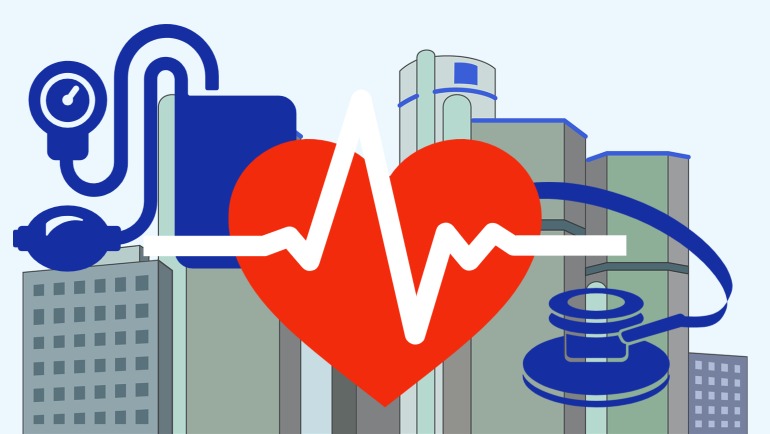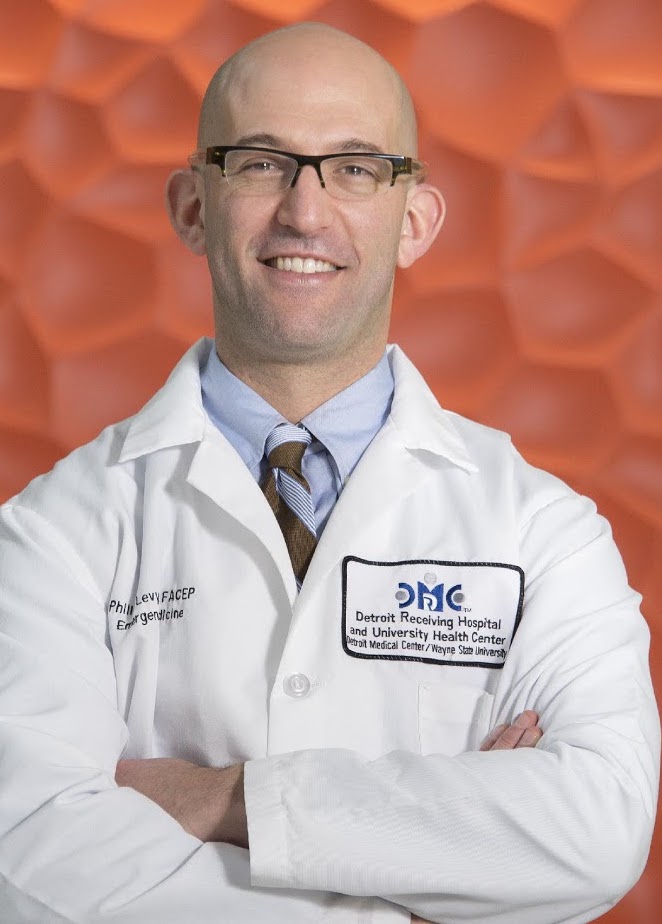
Black adults have a higher incidence of hypertension and a greater risk of hypertension-related cardiovascular disease compared to white adults. Even mild elevations in blood pressure are associated with increased risk for cardiovascular disease. Early interventions for high blood pressure and hypertension are critical to assisting in recommendations for lifestyle modification.
The American Heart Association on July 29 announced $20 million in research awards to address these needs by supporting health equity in high blood pressure prevention known as the Health Equity Research Network on the Prevention of Hypertension. The program is designed to fast track science in preventing high blood pressure among underrepresented populations in an attempt to aggressively address social determinants of health while working to support and improve the equitable health of all communities.

Teams of scientists from Wayne State University, Beth Israel Deaconess Medical Center in Boston, Johns Hopkins University School of Nursing in Baltimore, New York University School of Medicine in New York City and University of Alabama at Birmingham will lead the community-based research interventions.
Phillip Levy, M.D., M.P.H., professor of Emergency Medicine and assistant vice president of Translational Research, will lead Wayne State’s nearly $2.64 million, four-year project, titled Linkage, Empowerment, and Access to Prevent Hypertension, or LEAP-HTN.
LEAP-HTN will deploy Wayne Health Mobile Units to provide direct, personalized health care and coaching to Black people with high blood pressure living in select under-resourced neighborhoods in Detroit. Community health workers will help people in the study develop and follow a personalized, flexible health plan. Throughout the year, researchers will regularly compare hypertension and other health factors of people in the program to those of people in the community who also have high blood pressure but didn’t take part in the personalized health plan. They anticipate people receiving care from the community health workers will have lower or better control of their blood pressure compared to those not in the program.
Dr. Levy said that while lifestyle modifications are effective in lowering blood pressure, implementation is lacking in Black communities, especially among those who reside in low-income urban settings.
“Negative social determinants of heath (SDoH) such as poor access to health care, food insecurity, limited availability of healthy foods, lack of safe places to engage in physical activity and low health literacy are major drivers of inequities in hypertension and a critical barrier to implementation of recommended lifestyle modifications in Black communities,” Dr. Levy said. “To achieve health equity, effective strategies must address negative SDoH that are root causes of racial disparities in health.”
The Wayne State LEAP-HTN team, which includes Robert Brook, M.D., professor of Internal Medicine and director of Cardiovascular Disease Prevention for Wayne Health; Ijeoma Opara, M.D., assistant professor of Internal Medicine; and Michael Twiner, M.D., assistant professor of Emergency Medicine, will implement a unique approach to improving access and delivery of care in vulnerable communities using a collaborative model involving pragmatic changes that mitigate social determinants of health and barriers to blood pressure control. By incorporating cost effectiveness analyses, the team will also determine the value of outreach, which is key to long-term sustainability, providing the information needed to show payers — especially Medicaid managed care organizations — the quantifiable benefit of the team’s approach.
The team’s innovative mobile health unit program that uses geospatial health and social vulnerability data will direct the deployment of the health workers throughout communities in Detroit.
The program will launch Oct. 1.